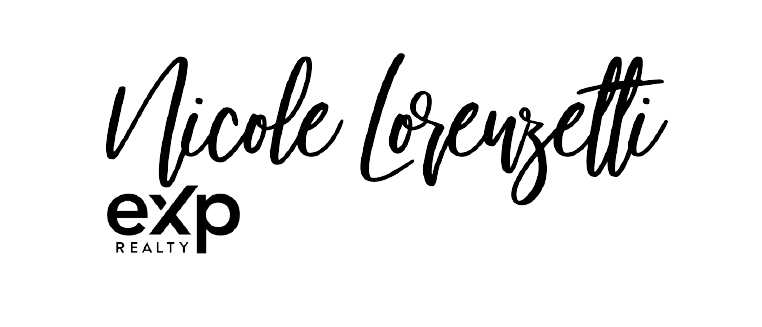
Considering Short-Term Rentals?
Short-term rentals can be a highly lucrative investment and a fun way to make money. Some of the advantages to managing a short-term rental property include:
- Your tenants are generally excited to be at your vacation property and may not require as much attention as a long-term tenant.
- You can collect one-time, up-front payments instead of keeping track of monthly or weekly payments.
- Depending on the location and amenities of your property, you may make several thousand dollars per month per property.
- Platforms such as Airbnb, VRBO, and Booking.com make it easy to set up a website to market your property.
A short-term rental investment can be accomplished by purchasing a property to keep rented out or putting your own home up for rent when you travel. Whichever course you take, here are some things to think about before you hang up that “vacancy” sign.
- Managing short term rentals is not exactly passive income. There is quite a lot of work involved in marketing the property, keeping it maintained, and turning it around between tenants. Consider whether you have the time to keep up with it yourself or if you will need to hire a property manager, and how much that will cut into your profits.
- Think beyond vacation rentals. Short term rentals don’t have to be on the beach or a ski slope. Other reasons why someone may need a rental in your neighborhood include job interviews, waiting to close on a home, renovating a home, visiting family, traveling with pets, college tours, entertainment events occurring in the area, or having medical procedure done at a nearby hospital.
- Do your due diligence when buying an investment property. You’ll want to assess the existing short-term rental market and find out what the going rates are and which areas are renting well. You should find out if there are HOA or condominium regulations that prohibit short-term rentals. Also inquire as to state, county, or city regulations and resort taxes.
- Create a business plan. Many property owners wing it with their short-term rentals, but you will have more peace of mind and less surprises if you treat your rental as a business. Make a list of expenses, including insurance, mortgage payments, taxes, cleaning and handyman services, utilities, internet and TV, lawn or pool care, furnishings, consumables you will provide, and marketing costs.
- Work with an agent who knows the area. Buying the right property at the right price takes some experience. Remember that the purchase of the property is the bigger investment than the rentals to follow. Let’s talk about how I can help you get started making money with short-term rentals!


Recent Comments